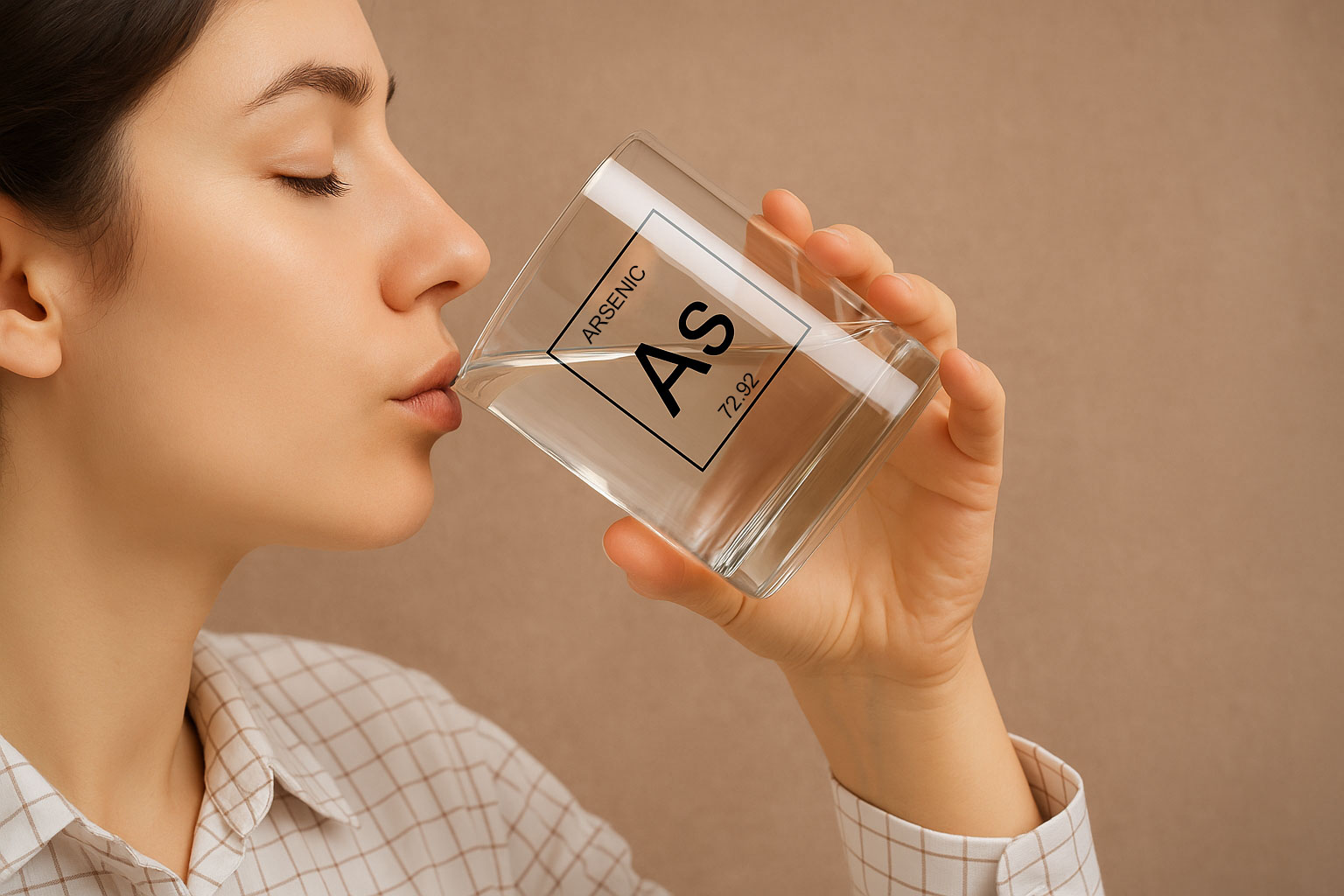No one likes an unexpectedly cold shower. But most water heaters only lasts 10 to 15 years. According to the Department of Energy, the average household spends $400-600 dollars per year heating their water, making it their second highest home expense. If your water heater fails, or you’re building a new home, there are several factors to consider to ensure your new system can keep up with the amount of hot water your family needs while keeping your energy bills under control.
Factor 1: Type of Water Heater
When a water heater fails, most homeowners replace it with a similar model to take advantage of their existing infrastructure. But your home may be best served by an upgrade. Modern systems are often more efficient than the ones they’re replacing, and there are more options now than there used to be.
Traditional Tank Water Heaters
The most common water heaters in Pennsylvania store hot water in a large tank in your basement, garage, crawlspace, or closet. The size of the tank depends on how much hot water your family needs – we’ll talk about that in a minute. But it’s also limited by the space available in your home. You can probably fit even the largest tank in a spacious basement. Not so an apartment closet.
With traditional water heaters, stored hot water gradually loses heat to its environment – a phenomenon called standby heat loss. That means additional energy is constantly needed to keep the water at your desired temperature. Insulated tanks will decrease your standby heat loss and your monthly energy bills, but typically cost more to install.
Although traditional storage tank water heaters are the least energy efficient to operate, they are also the least expensive to install, though they typically wear out faster than a tankless system. If you are planning to stay in your home for more than ten years, it may be worth investing in a more expensive system since you will recoup the equipment costs through lower energy bills. This is particularly appealing as energy prices continue to climb.
Tankless Water Heater
Tankless water heaters provide hot water on demand when you need it. Instead of drawing hot water from a tank, the water is heated as soon as you turn on your tap. These systems are rated by how many gallons per minute of hot water they can provide. It’s best to mount the heating unit as close to the hot water tap as possible. This unit is significantly smaller than a storage tank, so you don’t need a large space, which may work well in apartments or small homes.
Tankless systems have no standby heat loss, as water is only heated when it is needed. This makes these systems more efficient than traditional water heaters, but the amount depends on your water usage. Small households may save up to 34% of energy costs with a tankless system, while large households that use twice the amount of hot water may only save up to 14%.
It can be hard for some tankless systems to keep up with multiple hot water draws such as running the dishwasher while someone is taking a shower. You can install multiple tankless systems in the same household if water consumption is a concern, but at double the installation cost, that may not be worth it.
Tankless systems do cost more than traditional water heaters to install. However, they typically last at least 20 years, versus 10-15 years with a traditional tank system. Since you will be saving on your monthly energy bills, your investment should eventually pay off.
Factor 2: Type of Fuel
Your second consideration is the type of fuel that will power your hot water heater. If you are replacing an existing system, this decision has probably already been made for you as changing your infrastructure will add additional costs. But there are instances where a change can save you money in the long run.
Electric
Electric water heaters are the most common option in the United States. They can be installed in any home, and the cost to heat your water will be part of your monthly electric bill, making a simple, no fuss option. Electric water heaters – especially new ones – are often very efficient. But that doesn’t mean they are always the cheapest to operate. Depending on the cost of electricity, a less efficient heater running off a less expensive fuel source may cost you less overall.
Natural Gas
If you are already using natural gas in your home, you may want to consider a gas water heater. These tend to have lower monthly costs than electric models, though they may cost more to install. A natural gas heater may also keep running if you lose electricity during a power outage, which is a nice perk. Ventilation is critical with natural gas systems, which may limit your placement options. You should speak with a professional about any ventilation systems which would need to be installed.
Propane
Propane water heaters are less common, but may be an option if you have ready access to propane. Depending on current propane prices, your monthly costs may be lower than with an electric heater. Propane is the cleanest burning fossil fuel, and twice as efficient as natural gas, so this may be an appealing option if you’re concerned about your carbon footprint.
Solar
Solar options do exist, and are highly recommended in sunny areas such as the Southeast and Southwest United States. Unfortunately in Pennsylvania, you are looking at a lot of cold showers throughout the winter unless you have a backup system. But if you have existing solar panels in your home, you may want to consider a backup solar system for those sunny summer days. Solar water heaters are extremely efficient when they receive the sunlight they need.
Factor 3: Amount of Hot Water Needed
Your final consideration should be how much hot water your family needs at one time. Think of those peak, crazy hours—maybe it’s first thing in the morning when all the kids want to shower and you’re going to turn the dishwasher on after breakfast. Remember hot water is also used by appliances like washing machines and dishwashers. And your household size may not be the same today as it will be in ten years, when hopefully your heater is still going strong. The Department of Energy offers a handy worksheet to help you calculate how many gallons of water you might need during that peak hour.
If you are installing a new system in your existing home, find out the size of your current tank – or the flow rate of your tankless system. Did you always have enough hot water, or were there times you ran out? That may suggest you need a bigger tank. Are there fewer people in your household than there were 10 years ago? You may be able to downsize, but keep in mind the needs of future homeowners if you expect you might sell within the lifetime of your next water heater.
A bigger tank is not always best. Remember that traditional systems use energy to keep the water in the tank at your desired temperature. If you install a 60 gallon tank “just in case” but you only ever use 30 gallons at a time, you are wasting money constantly heating those extra 30 gallons.
Once you’ve assessed your hot water usage, the professionals at Dierolf Plumbing and Water Treatment are happy to recommend which size tank may be best for your household, or whether a gas or electric tankless system could keep up with your needs.
In Conclusion
When buying a new water heater, it’s important to not only consider the purchase and installation costs, but what it will mean for your monthly energy bills. More efficient systems may cost more upfront but save you money every month, eventually repaying your investment. Utilizing a fuel source besides electricity may cost less even if the heater isn’t as efficient. None of this might matter to you if the water goes cold halfway through your shower because you didn’t buy a big enough tank. But with a little research and a few questions, you can select a water heater that will serve you well for at least the next decade, if not longer.



